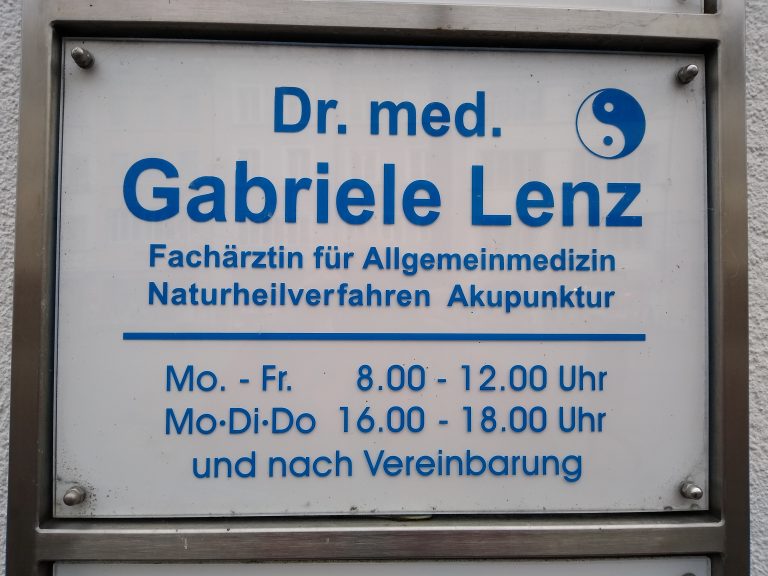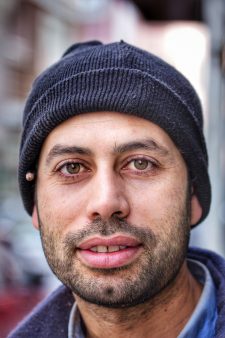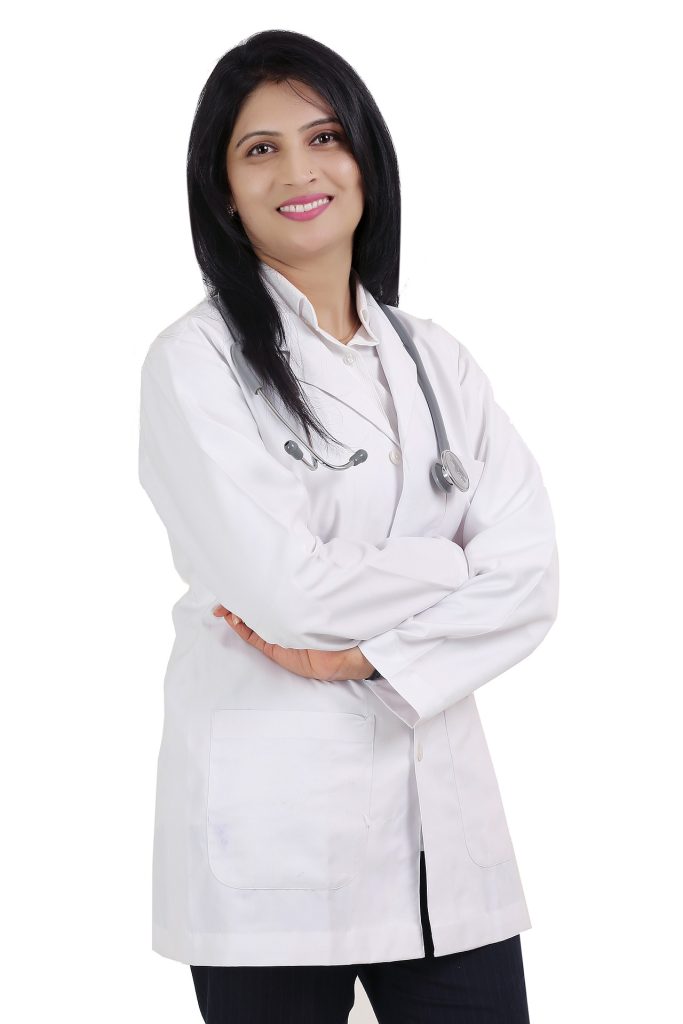3.3 Krankheiten

Lektionsüberblick
Most people experience a number of typical illnesses (like Windpocken = chicken pox) or injuries (ein gebrochener Arm = a broken arm) in childhood. Talking about these experiences with new friends can help us bond with each other, which will be useful when you are in a German-speaking country for a study abroad, internship, or other kind of experience.
This lesson will focus on talking about such illnesses (in the present and the past). In the end, you will 1) increase recall of body parts (vocabulary necessary for the rest of the lesson), 2) talk about typical illnesses and being sick, 3) identify doctors by specialty, and 4) make a doctor’s appointment.
1) Der Körper
Do remember many of the words for your body parts? To review, work through these exercises. If you need more review and practice, you can work through the respective lessons in Deutsch im Alltag I and Deutsch im Alltag II.
|
|
Want more body parts? Check out this EasyGerman video and/or this website Der menschliche Körper.
2) Krankheiten
Let’s look at some typical illnesses and symptoms. Click through these cards, read along with the audio, and practice saying the sentences aloud.
Now let’s practice talking about being sick.
Jetzt bist du dran!
Bist du krank? Answer the question in your written journal. If you are sick right now, use the language modeled above to state which illness you have.
Then record your answer in your audio journal.
How often were you sick last year? Which childhood illnesses did you have? Let’s look at how to talk about being sick in the past.
Now let’s practice talking about being sick in the past.
Jetzt bist du dran!
Warst du als Kind krank? Answer the question in your written journal. Use the language modeled above to state which illness(es) you had.
Then record your answer in your audio journal.
Check your comprehension of past and present illnesses with the following text with audio!
3) Welcher Arzt?
When you are sick, do you regularly go to a doctor for care? Let’s learn what the words in German are for the different kinds of doctors we may need to see.
Now let’s practice matching the area of concern to the kind of doctor we will need to see.
Genf im Blickpunkt

In Genf gibt es eine Blumenuhr im Englischen Garten. Die Uhr funktioniert wie eine normale Uhr, aber sie ist aus Blumen und Pflanzen gemacht. Das Muster der Blumen ändert sich mit den Jahreszeiten, deshalb sieht die Uhr immer anders aus. Sie ist eine schöne Mischung aus Natur und Technik.
In Geneva, there’s a flower clock in the English Garden. The clock works like a normal clock, but it’s made of flowers and plants. The pattern of the flowers changes with the seasons, so the clock always looks different. It’s a beautiful blend of nature and technology.
4) Zum Arzt gehen

|
|
Want more? Here are some stories about being sick produced for German-language learners:
- Short story “Beim Arzt” about going to the doctor with reading comprehension questions.
- Picture story “Hast du Fieber?” about being sick with practice exercises.
- Podcast episode “Thomas ist schon wieder krank” about a work colleague who is always sick.
- Podcast episode “Der Arzttermin” about a man who goes to an appointment at his doctor’s office.
- Podcast episode “Einen guten Arzt finden” about a man with back pain needing a recommendation.
Deutsch IRL
Want more? Here are some stories about being sick produced for German-language learners:
- Short story “Beim Arzt” about going to the doctor with reading comprehension questions.
- Picture story “Hast du Fieber?” about being sick with practice exercises.
- Podcast episode “Thomas ist schon wieder krank” about a work colleague who is always sick.
- Podcast episode “Der Arzttermin” about a man who goes to an appointment at his doctor’s office.
- Podcast episode “Einen guten Arzt finden” about a man with back pain needing a recommendation.
And here are some videos produced for native speakers on the effectiveness of homeopathy:
Jetzt kombinieren!
Erzähl mal von deiner Kindheit! Warst du mal richtig krank? Add to your origin story by talking about some illnesses from your childhood.
When you are done, practice this part of your origin story until it flows like natural conversation. Then record yourself in your audio journal. As always, you are more than welcome to meet with a classmate and do your recordings together!

Media Attributions
- Body parts activities adapted from Grenzenlos Deutsch licensed under a CC BY-NC-SA International License.
- Sickness and doctor dialogue cards adapted from Grenzenlos Deutsch licensed under a CC BY-NC-SA International License.
- Werner, Dominic, and Magdalena texts adapted from Grenzenlos Deutsch licensed under a CC BY-NC-SA International License.
- “Houssem ist krank” text, dialogue, and activities adapted from Willkommen: Deutsch für alle licensed under a CC BY-NC-SA International License.
- Apothekesymbol photo collage: Logo Pharmacy by Ondrej Janovec (Public Domain license), Graz Wienerstraße by TheRunnerUp (CC BY-SA International License), and Alte Apotheke Waltershausen by Metilsteiner (CC BY-SA International License).
Media Attributions
- 2030-2040 ch banner reduced size
- Photo of L’horloge fleurie by Lynn Rainard, Flickr, CC BY-SA 2.0
- Allgemeinmedizin Ärztin © ckost is licensed under a CC BY-NC-SA (Attribution NonCommercial ShareAlike) license
- Houssem_Willkommen © Mücahit Duman is licensed under a Public Domain license
- doctor-4253413_1920 © RADHIKA86



